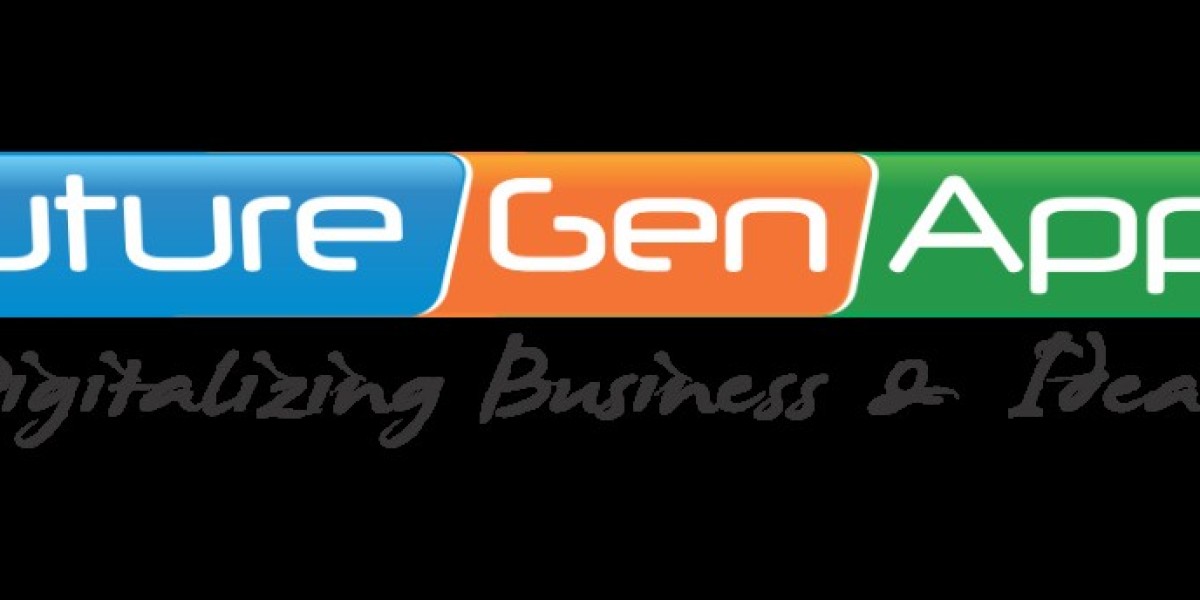The Staff Selection Commission (SSC) conducts the national CGL (Combined Graduate Level) exam every year to recruit candidates for various central government Group B and Group C posts. The posts include Assistant Section Officer, Section Head, Inspector, Office Superintendent, Junior Statistical Officer, Auditor, Accountant, Divisional Accountant, Tax Assistant, etc.
Every year, it attracts lakhs of applicants from diverse backgrounds for government jobs. To clear the exam, candidates require a strategic, disciplined, and consistent approach. It has a highly competitive nature and a vast syllabus. As per a record of SSC CGL 2024, out of 18,13,060 who appeared for the Tier-I exam, only 1,65,240 were able to qualify for the next tier.
Here are a few tips that can help you enhance your preparation and rank in the exam:
1. Understanding the Exam Pattern and Syllabus: To accomplish any exam, it is important to study the pattern first. SSC CGL is divided into two tiers: Tier 1 and Tier 2. Both use different patterns, syllabuses, and negative marking. Familiarising yourself with the syllabus will help you allocate your time more efficiently across all of the courses.
- TIER 1: It is a qualifying exam for Tier 2. It contains a total of 100 questions, with 25 in each of the four sections. Each correct answer will be awarded two points, with 0.5 points deducted for incorrect responses. The questions focus on general intelligence and reasoning, general awareness, numeric aptitude, and English understanding.
- TIER 2: This is also known as the mains exam. It consists of two papers. Paper I is compulsory for all and consists of 150 questions, making up to 450 marks. It also consists of DEST. Paper II consists of statistics and contains 100 questions for 200 marks. The tier 2 has a negative marking of -1 marks and a positive marking of 3 points.
2. Create structured plans: An effective study plan is essential to complete the extensive syllabus in the provided time. Break the syllabus into manageable weekly targets, including all sections (reasoning, quant, English, and GA). Study 2-3 subjects at a time to prevent monotony and ensure thorough coverage. Set aside 1-2 hours a day for revision and practice solving questions.
3. Practice Mock Tests and PYQs: Timed mock tests might help you evaluate your preparedness. It will help you acquire more precision and perform better under stress. Mocks can assist candidates in identifying and improving their weak areas. PYQs can help you focus on crucial areas. Understanding exam difficulties is essential for developing effective strategies for tackling similar questions in the future. By analysing past year questions (PYQs), candidates can gain insights into the exam format and frequently tested concepts, allowing them to approach their preparation with greater confidence and clarity.
4. Maintain consistency: Practising daily is essential in becoming proficient in basic subjects and increasing the speed of mathematical computation. Being consistent reinforces basic ideas, which are easily remembered and applied. Through investing time each day in practice and study, students develop confidence, precision, and speed. This constant effort avoids cramming at the end and stress on examination days. With time, persistent effort results in enhanced comprehension and performance, guaranteeing long-term academic achievement. Adopting a structured routine converts learning into a palatable and fulfilling experience.
5. Time management: In preparation, focus on high-weightage subjects (e.g., quantitative arithmetic, GA current affairs). Practice with timers to enhance speed (e.g., attempt 25 Quant questions in 20 minutes). Short breaks every 1-2 hours between studying might assist in maintaining concentration. First, try asking questions with strong confidence. To pass the Tier 1 exam, aim to answer 75-85 questions with 90% correctness. Avoiding guesswork will help reduce negative grading, which can lower grades, so attempt only if you're fairly certain. Do prior research on Group B and C posts such as Inspector, AAO, ASO, and so on, and make your decisions before Tier 2, as they are unchangeable.
6. Practice well-being: Preparing for the CGL can be challenging and stressful due to exam pressure or family expectations. An exhausted body will struggle to support an active mind. To manage this, engage in yoga, maintain healthy eating habits, and incorporate regular exercise to keep both your mind and body fit for the exam.
7. Common mistakes to avoid: Not adjusting to the new pattern can lead to confusion and unnecessary stress. Omitting weak areas can reduce the chances of scoring well in the overall exam. Use mock tests to determine and correct weaknesses. Over-reliance on coaching can lead to a loss of interest and practice. Self-study from reliable resources is crucial for aspirants. Last-minute cramming is not helpful. To prevent this, begin early and be consistent to prevent stress.
Preparation tips for the SSC CGL DEST typing test:
The Data Entry Speed Test (DEST) is a skill test conducted to assess a candidate's ability to input data efficiently and accurately. A passage of around 2000 key depressions is provided, and the time allotted is 15 minutes. It is necessary for specific posts like tax assistants in CBIC and CBDT, and assistant section officers in CSS (Central Secretariat Service). DEST is considered qualifying in nature, but no marks are awarded for this. Here are a few tips to prepare effectively for the DEST Typing Test:
- Focus on improving speed and accuracy with regular practice. Use online typing tools to practise and analyse the reports.
- Get familiar with the keyboard layout, placement of keys, characters, and combination keys. It will help to increase the speed.
- Warm up your fingers before starting to type to increase the blood circulation and finger dexterity.
- Maintain a proper posture to reduce strain and stress on the eyes and body.
- Use all fingers while typing to enhance precision and speed.
Conclusion
SSC CGL 2025-26 is an extremely competitive exam, with 14,582 posts drawing lakhs of applicants. To pass the exam, begin preparation early, adhere to high-weightage subjects, and practise often with mock examinations and previous years' papers. Maintain discipline; practise consistently to enhance your subject matter. Develop a positive attitude to clear the exam on this attempt.








